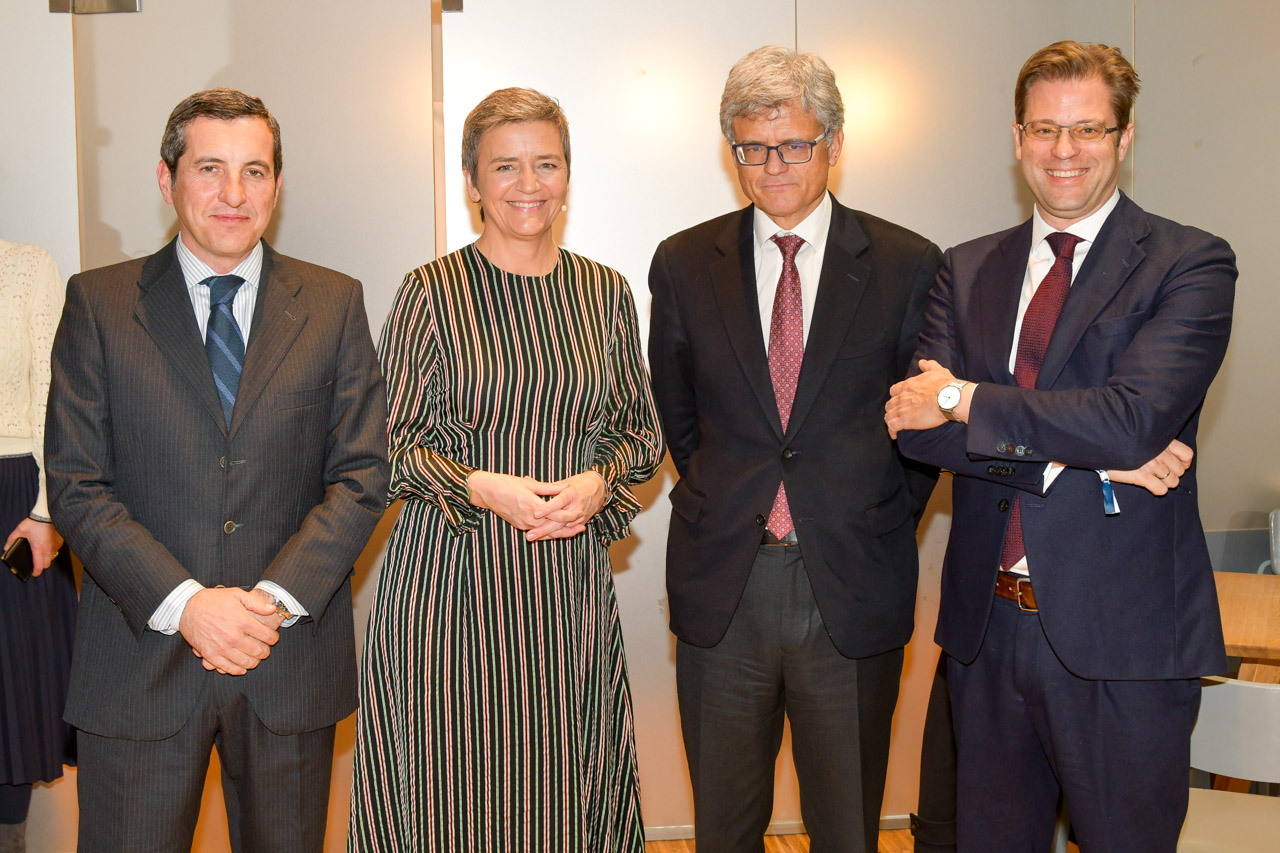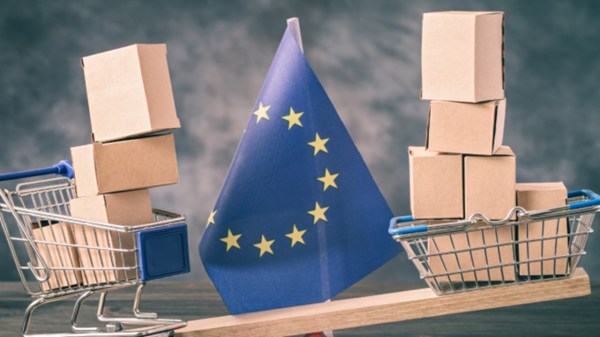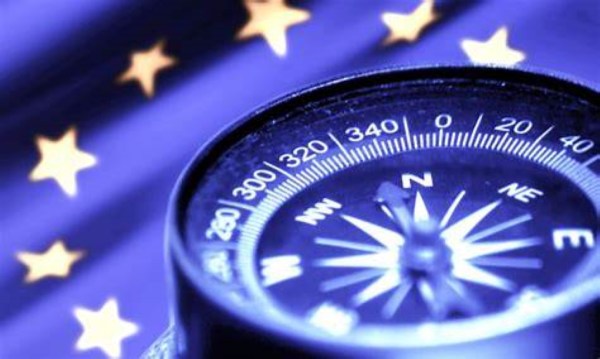 Christoph Steck /@christophsteck
Christoph Steck /@christophsteck
Director of Public Policy and Internet at Telefónica
Every January, the WELT Economic Summit in brings together politicians and business leaders to look forward to the coming year. This year the message was clear: 2019 will be a very important year for Europe and politicians and business should prepare well for it.
As always, key politicans and business leaders followed the invitation of German media house Axel Springer and its WELT newspaper: Manfred Weber, Sebastian Kurz, Margrethe Vestager, Annegret Kramp-Karrenbauer, Reed Hastings or José María Álvarez-Pallete discussed about the future of Europe in a challenging scenario of growing global trade frictions and an ever faster digitalisation and before the backdrop of political turmoil like Brexit and growing populism.
They agreed on the urgent need to better create a shared vision of Europeans what a specific “European way of life” would look like, in contrast to the way things are done in the USA and China. A focus on Europe´s strengths but also a series of reforms would need to be started in 2019 to safeguard the economic prosperity and standard of living of the whole region.

From right to left: Enrique Medina, Margrethe Vestager, Pablo de Carvajal and Christoph Steck
More innovation, a unified European market and faster policy processes
On the economic side Europe should continue to defend open trade and a rules-based international order. However, it needs to focus much more on creating innovation. Europe lacks new, global champions in the digital realm. As also previously presented by José María Álvarez-Pallete at the ETNO-FT Summit, today the leading technology companies are not European, but US American or Chinese. Reasons are manifold, from missing capital for start-ups to continue to grow (after the initial seed financing) to innovation-hostile over-regulation, to the lack of a true European common market. The CEO of Flixbus described his experience that it was easier and faster to grow its transport business in the USA than in Europe due to uncoordinated and overly rigid national regulations. On the positive side, others highlighted that Europe is very attractive for global talent and its openness would give it a relevant advantage against today´s USA because working permits for foreigners would open possibilities to recruit talent globally.
Politically, various politicians echoed Manfred Weber´s call for a more efficient decision-making on European level, using less unanimity and more majority decision-making. This was challenged by one business leader due to the fact that such majority-voting would run the risk of creating even more “Brussels-bashing” by national politicians who might be increasingly outvoted by others national leaders.
Values at the core of companies’ strategy in a digital economy
Reed Hastings (CEO Netflix) argued that companies in the digital era will need to say goodbye to a leadership style from the past industrial age with focus on process and bonuses based on yearly fixed objectives and rather develop a culture centred on values and context, allowing for flexibility, creativity and innovation of employees in fast-changing markets.
Margrethe Vestager, the European Commissioner for Competition, declared that European champions would be welcomed but in such challenging times would also need to do their part to help build a better, more secure, more prosperous and more sustainable society. At the same time, she highlighted that the need for fair competition globally, with a level-playing field in trade, taxes and through enforcement of competition rules which need to be up to speed with the development of digital markets.
One issue especially resonated with me: As Telefonica in its Digital Manifesto, she also asked for a “human-centric development of technology, based on values like fairness, transparency and equal treatment”.
No one knows what 2019 will bring us, but one thing is for sure: A “European way of life” will mean to do many things better: More innovation, faster decision-making, better management and more focus on people – by both, business and policy makers.








